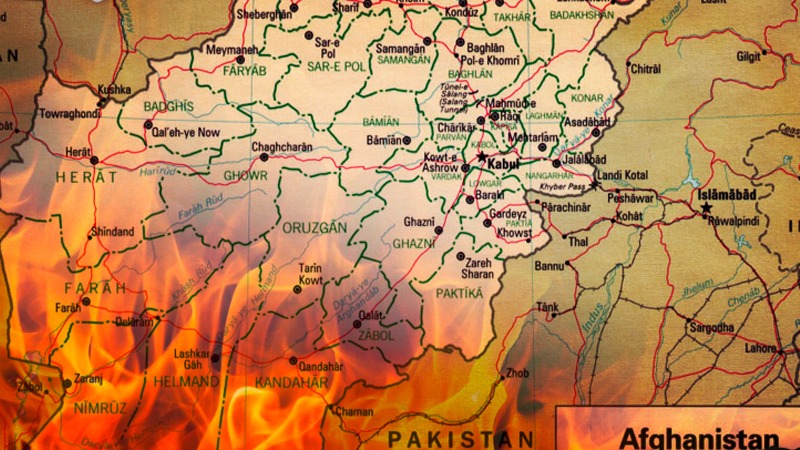In Moscow, a conference on peaceful settlement in Afghanistan, with the participation of the Afghan government and representatives of the Taliban, has begun on the level of deputy foreign ministers and related special representatives.
The sides are discussing a possible way out of the current conflict.
This event is of special significance in that it is the first time the Taliban and Afghan government have met for direct talks at a high level.
“We came here for a political solution”
Before the meeting, Habiba Sarabi, a member of the Afghan High Peace Council delegation, said, “We came here for a political solution. We appreciate the efforts of any country that tries to contribute to Afghan peace.”
The official representative of the Supreme Council of the World of Afghanistan Ehsan Taheri has said that participants of consultations in Moscow will discuss the issue of the beginning of direct negotiations between Kabul and the Taliban.
As the foreign minister Sergei Lavrov said, the problems of Afghanistan «can be solved by exclusively political means», and only with participation of all warring sides, including Talibs.
According to Lavrov, their presence on the conference is intended to become an important contribution to the formation of favourable conditions with which to start direct negotiations of all interested parties.
Regular destabilisation
In Afghanistan the situation is frequently destabilised, by both internal and external causes.
For example, on 21 August at approximately 9.00 (Afghan time), Kabul was hit with a barrage of missiles (according to different sources, from 12 to 22 missiles). The authorities have responded in kind with an operation of their own, and two fighters were destroyed. An attack happened during the speech of President Mohammad Ashraf Ghani, during the celebration of Eid al-Adha.
In general, the situation in Afghanistan is far from stable. In only the last few months, fighters have regularly captured police officers and military facilities. There were attacks made on the presidential palace and the government quarter of the city.
War continues after more than 16 years. Among the main actors in Afghanistan are government forces, the Taliban, Daesh, and the Western presence. Talibs usually refuse dialogue with authorities, saying that they represent the puppet government of Washington. To put it simply, Talibs fight against all the other forces (Americans, Daesh and the government), though they do periodically have some contact with each other. For example, one of the topics of negotiations, on which they will try to find a consensus, is the recognition of the Taliban as an official political group by the government.
Simultaneously, Talibs are at war with Daesh, and their efforts are sometimes successful: since Spring, active fronts have begun, and this year they managed to beat out terrorists from Jowzjan Province, in addition to other battles.
In general, Talibs regard the efforts since spring as being “against the American aggressors and their spies,” and have increased the territories controlled by themselves. In June 2018, a Taliban leader was killed in a US drone strike.
Given this background and the chaotic situation, it is sometimes difficult to understand who exactly is responsible for a given attack. For example, this same year also saw the tragic events in a private academy where 48 people died, and about 67 were wounded, but neither Daesh nor the Taliban took responsibility for the attack. The identity of the suicide bomber remains unknown.
The American factor
Long-term American presence on the Afghan territory remains the main destabilising factor, besides internal dismantling. Annually, the USA spends no less than 45 billion dollars for maintenance of the local forces, and since February has begun to disengage troops from Iraq and to relocate them to Afghanistan. Many thousands of US military personnel are stationed within the country, in addition to the NATO presence. Military allies of the USA support the initiatives of the White House: in July 2018, the British Prime Minister, Theresa May, said that Great Britain will increase the military presence in Afghanistan by 70% (up to 1100 people).
In September, the Pentagon chief James Mattis arrived in Afghanistan on an undeclared visit.
By some calculations, the upkeep of forces in Afghanistan has cost the Pentagon $680 billion.
There are many factors contributing to instability in the country; hopefully, however, the direct negotiations between Aghani politicians and Talibs could lead to some positive results.
















Leave a Reply